The new minimum wage law that raised fast food workers’ hourly pay from $16 to $20 finally went into effect on Monday, April 1.
However, one big chain’s name is no longer exempt, although previously it was said to be so. And now the clause on exemptions is confusing Californian fast food joint owners even more.
Pay Raise Drama
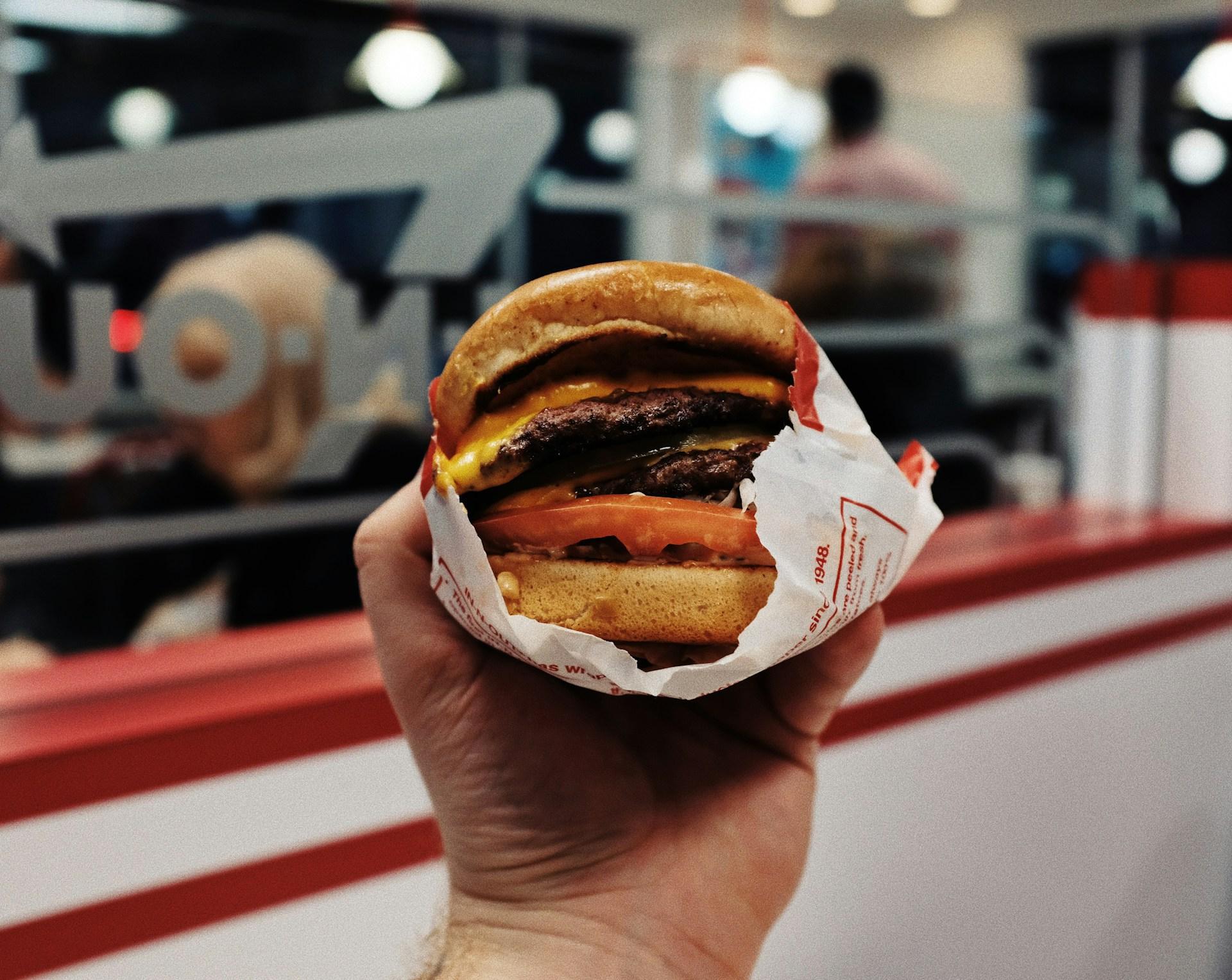
The fast food workers in California’s new pay raise comes as a result of the state Legislature passing the law last year. It was an acknowledgement of the more than a half million workers in the fast food industry as adults working to support their families.
But thanks to this law, plenty of fast food joints are reducing the number of employees, freezing recruitment of new workers, and cutting back on working hours. Some are also raising their menu prices to offset the rising employee cost.
Panera Bread Not Exempt
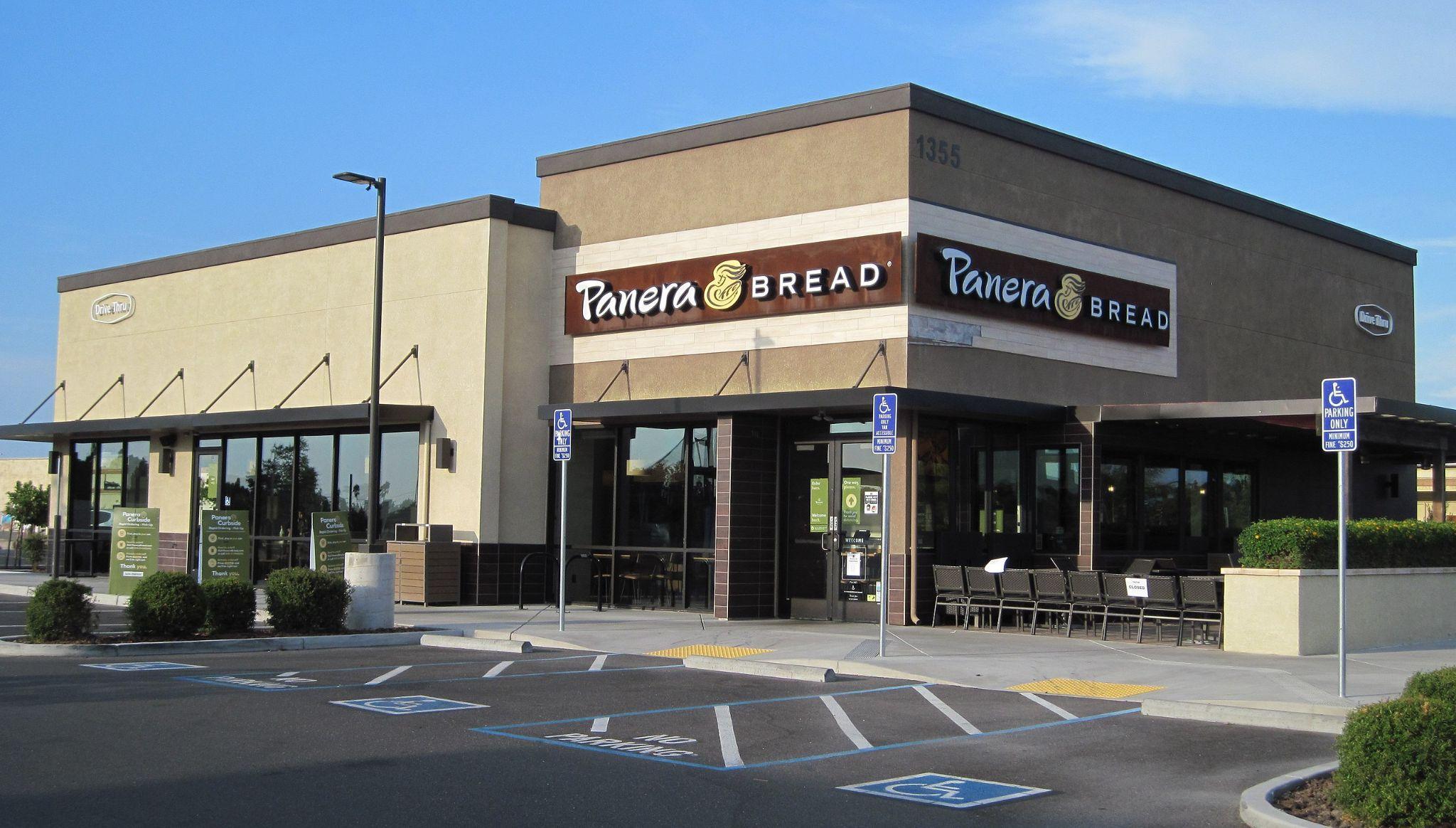
The law does allow some restaurants to be exempt from the new wage requirements. But, frankly speaking, it’s quite confusing.
Previously, Panera Bread was said to be exempt from the new wage law thanks to “part of the sausage-making of politics,” according to California Gov. Gavin Newsom. But as it turns out, Panera is NOT exempt after all.
Panera Owner Denies Allegation
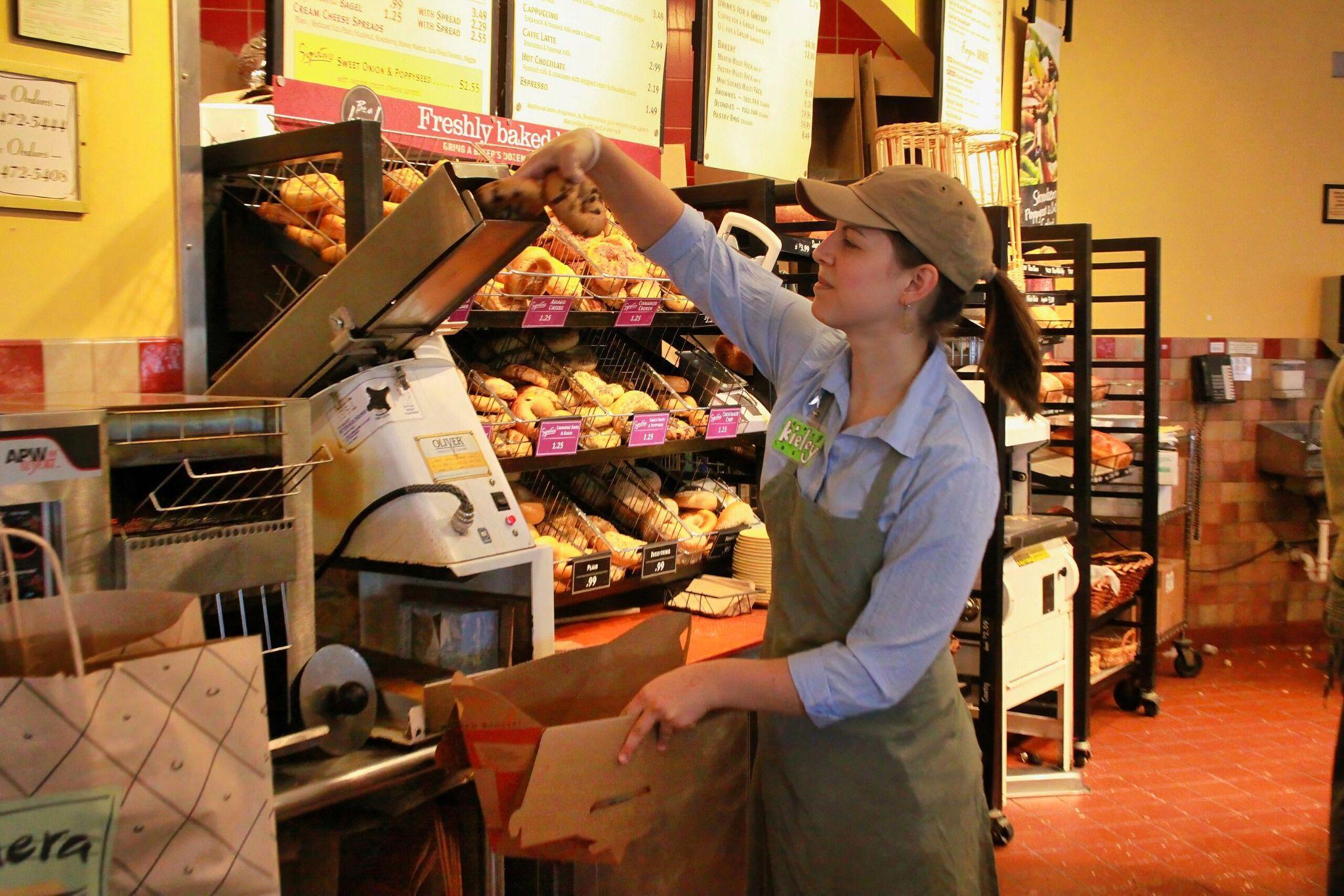
At one point, it was suggested that Greg Flynn, owner of a dozen Panera establishments in California and close friend to the governor, was given the exemption for his donations to Newsom’s campaigns.
But Flynn’s reps denied the allegations. They emailed a statement on behalf of Flynn, stating, “At no time did I ask for an exemption or special considerations. In fact, the idea never even occurred to me and I was surprised when the exemption appeared in the final legislation. I also never met with Governor Newsom about this bill, though I did meet with his staff in a group meeting with other restaurant owners.”
Going Around the Wage Law
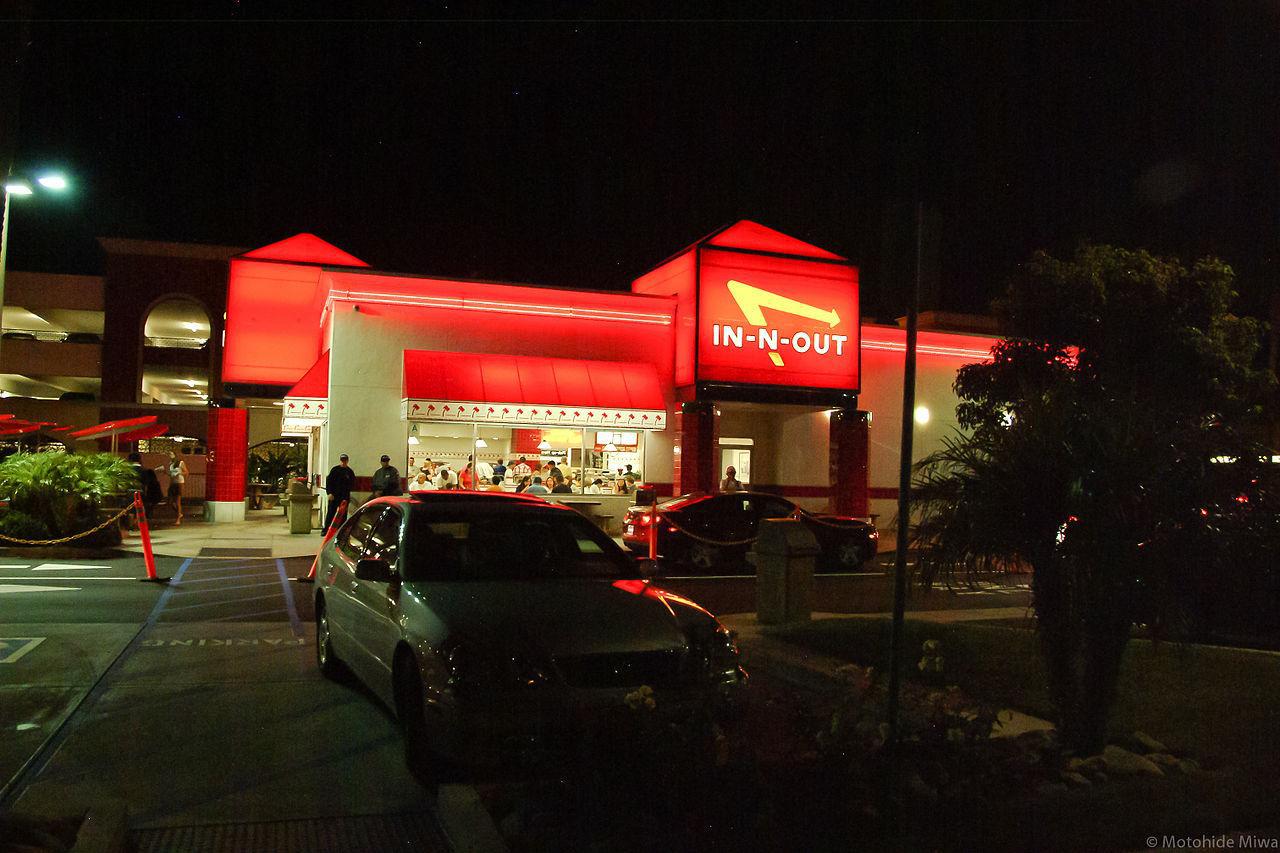
Flynn eventually said he would comply with the wage increase. And Newsom’s camp also fired back by saying that the new law DOES apply to Panera because the chain doesn’t make its dough on site.
And this is just the beginning of the confusion. How else can you get an exemption for this new wage requirement in a fast food restaurant?
Inside Grocery Establishments

Assembly Bill 610 exempts fast food restaurants in “airports, hotels, event centers, theme parks, museums, and certain other locations, as prescribed” from the new law.
Restaurants in “grocery establishments” are also exempt. But by “grocery establishment,” the state refers to a retail space with more than 15,000 square feet selling “primarily household foodstuffs for offsite consumption… secondary to the primary purpose of food sales.”
Employed by the Grocery Establishment
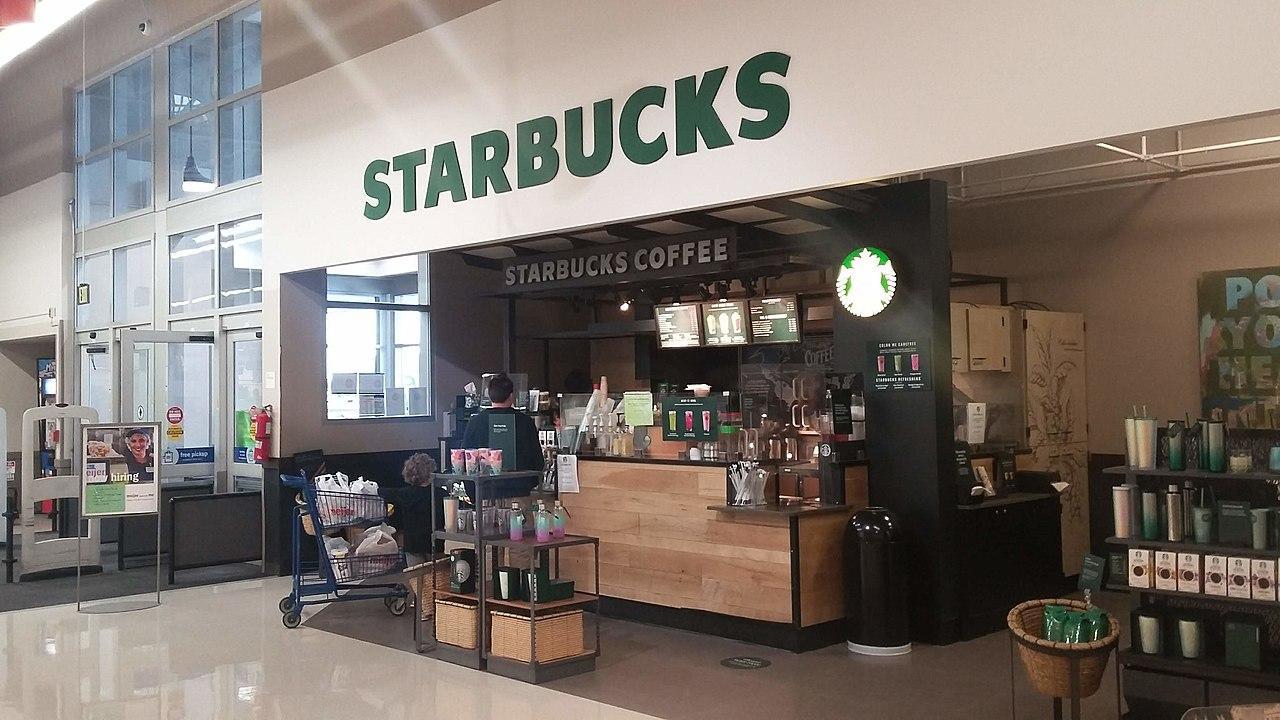
The grocery establishment must also earn half of its gross income from selling “household foodstuffs for offsite consumption” and employ the people working in the restaurant. If the establishment doesn’t hire the restaurant workers, it’s not exempt.
Imagine a Starbucks, located inside a vast Ralph’s supermarket occupying over 15,000 square feet of land, employing workers to serve coffee. Those baristas, hired by Ralph’s, won’t get a new wage increase because it would be exempt from the law. Good news for Ralph’s, not so good news for the baristas.
Table Service and Location Matter
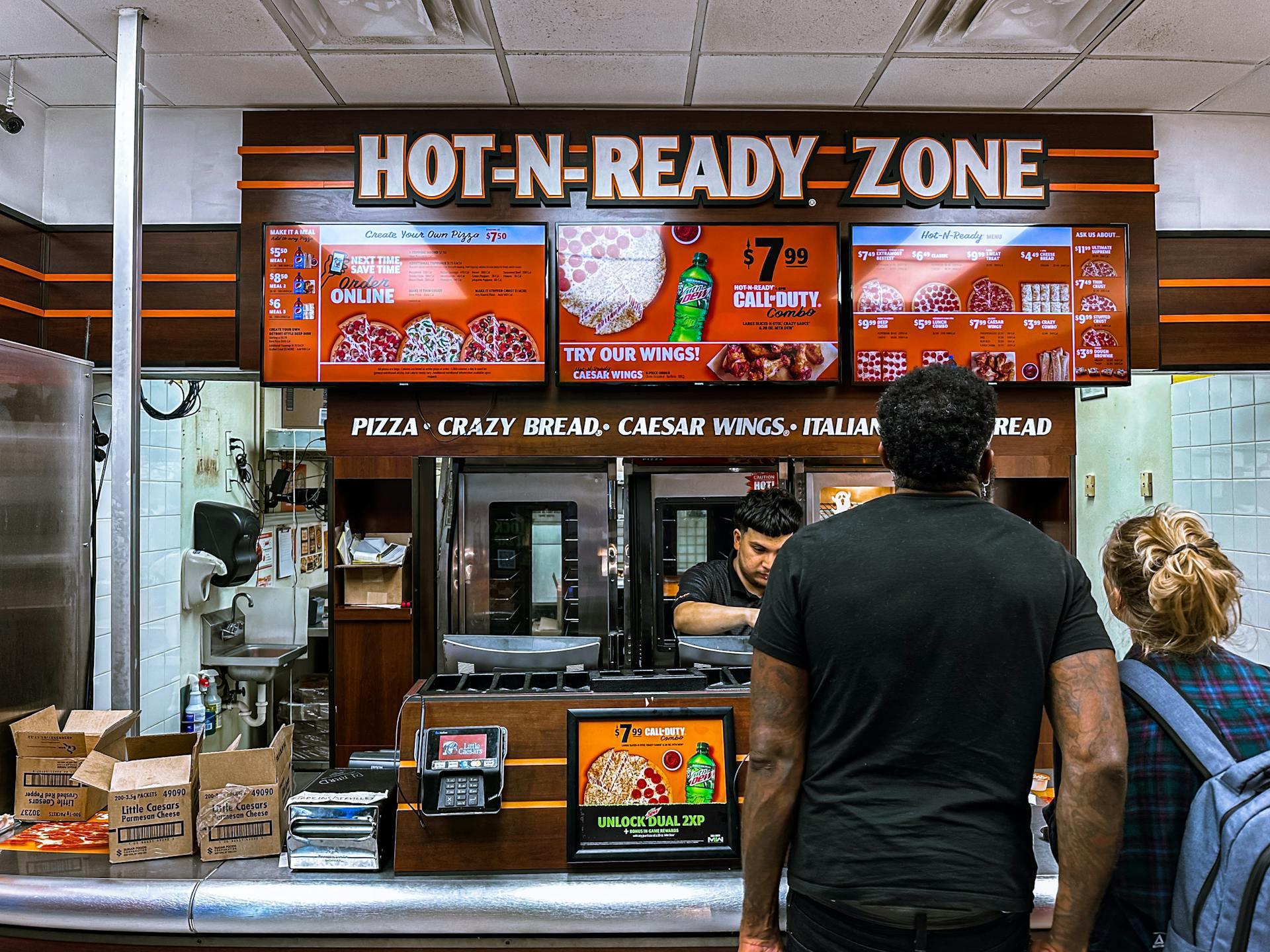
The case is different if a worker is employed at a fast food restaurant inside another kind of store that’s not a grocery establishment. Then, yes, that worker is eligible for a raise — only for the hours they work inside the restaurant.
Workers at mom-and-pop restaurants or high-end fine dining bistros are not typically eligible for raise. Why? Because there’s limited to no table service at all, and they usually don’t go up to 60 locations forming a small chain.
The Bread Conundrum
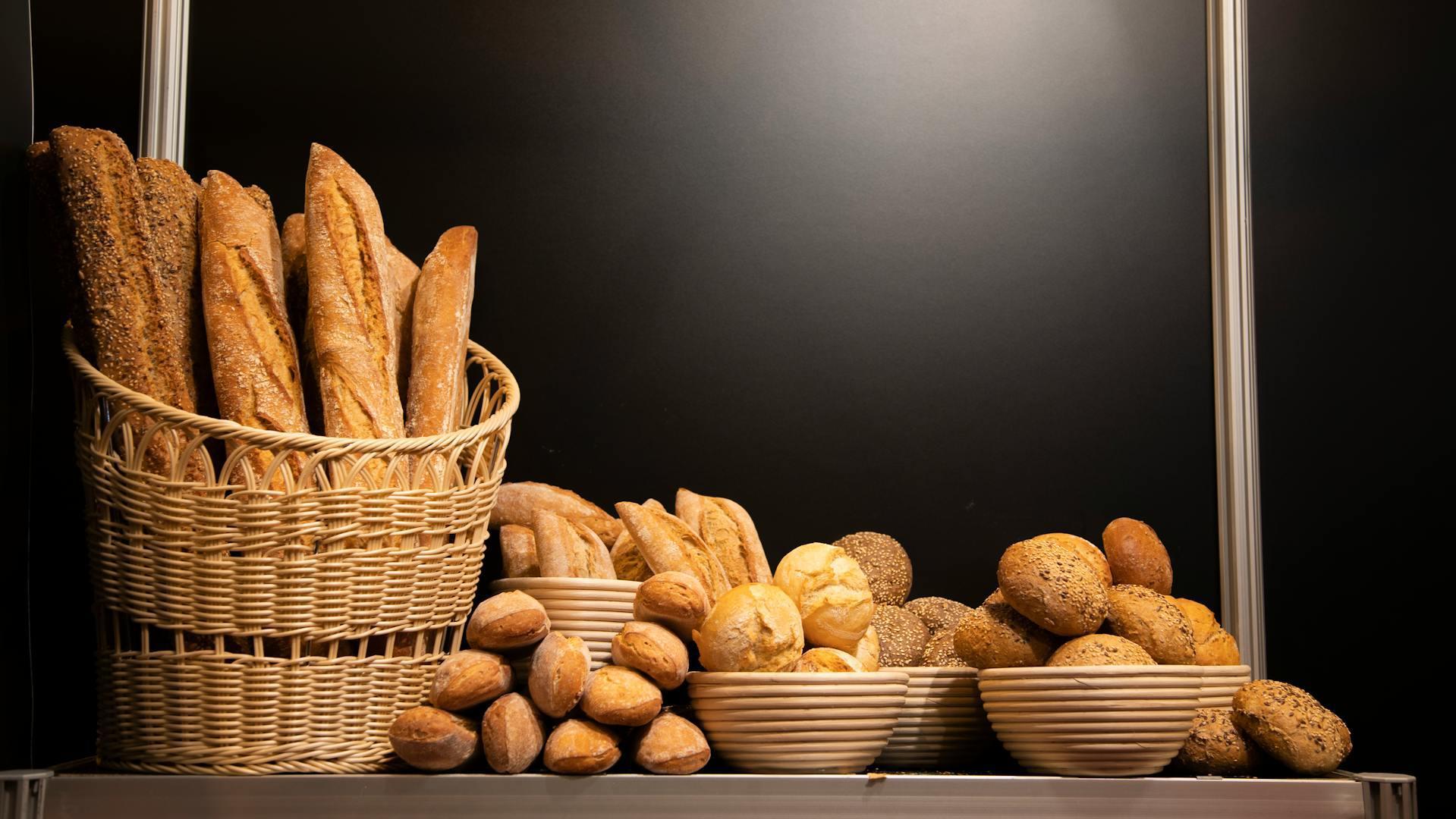
And then there’s the bread issue. Again. Which bread restaurants are exempt and which are not? To be exempt from the law, the restaurant must A. sell bread as a “stand-alone menu item;” B. use bread dough made inside the restaurant; and C. sell bread items that weigh at least half a pound after it cools down.
So restaurants selling lightweight items weighing under 0.5 lbs must also sell bread that weigh more than 0.5 lbs to get the exemption. Unless, the restaurant sells their bulky bread using pre-made dough or dough made somewhere else inside the restaurant. In the latter case, the restaurant is not exempt.
Union Satisfaction

Despite the confusion — and the headaches of fast food restaurant owners — the fast food workers in California welcome the wage increase. The Service Employees International Union (SEIU) executive vice president, Joseph Bryant, who is also a member of the California Fast Food Council, praised the wage increase.
In a statement to Eater, Bryant declared, “Those corporations need to pay their fair share and provide their operators with the resources they need to pay their workers a living wage without cutting jobs or passing the cost to consumers.”
Employees Happy
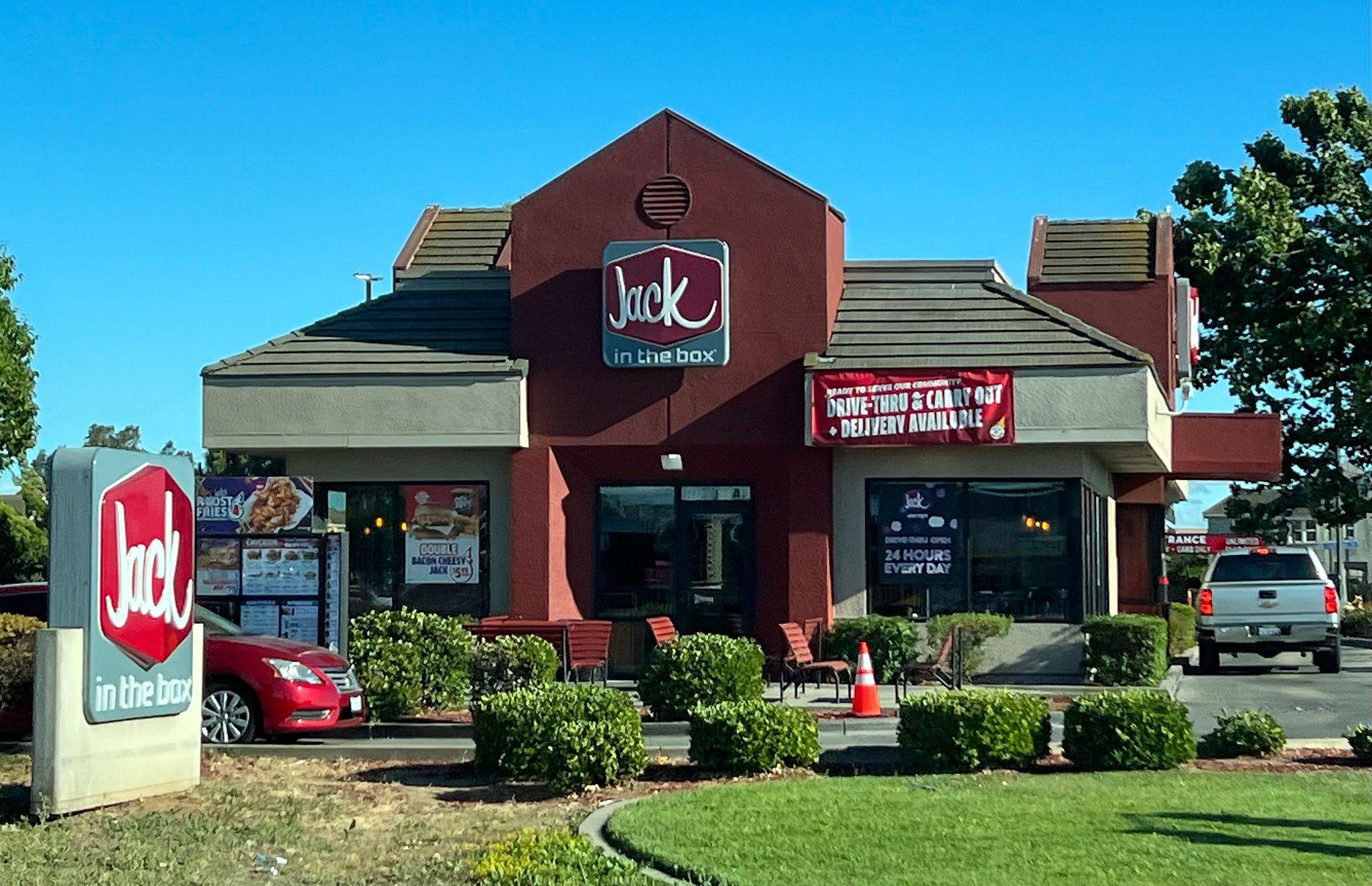
A Jack in the Box employee named Ingrid Vilorio, told AP through a translator, “The $20 raise is great. I wish this would have come sooner. Because I would not have been looking for so many other jobs in different places.”
Vilorio came to the US in 2019 as an immigrant and started working in the fast food industry shortly after. Up until 2023, fast food was her full-time job. These days, she works in Jack in the Box 8 hours weekly while also working other jobs.
Small Business Owners Struggle
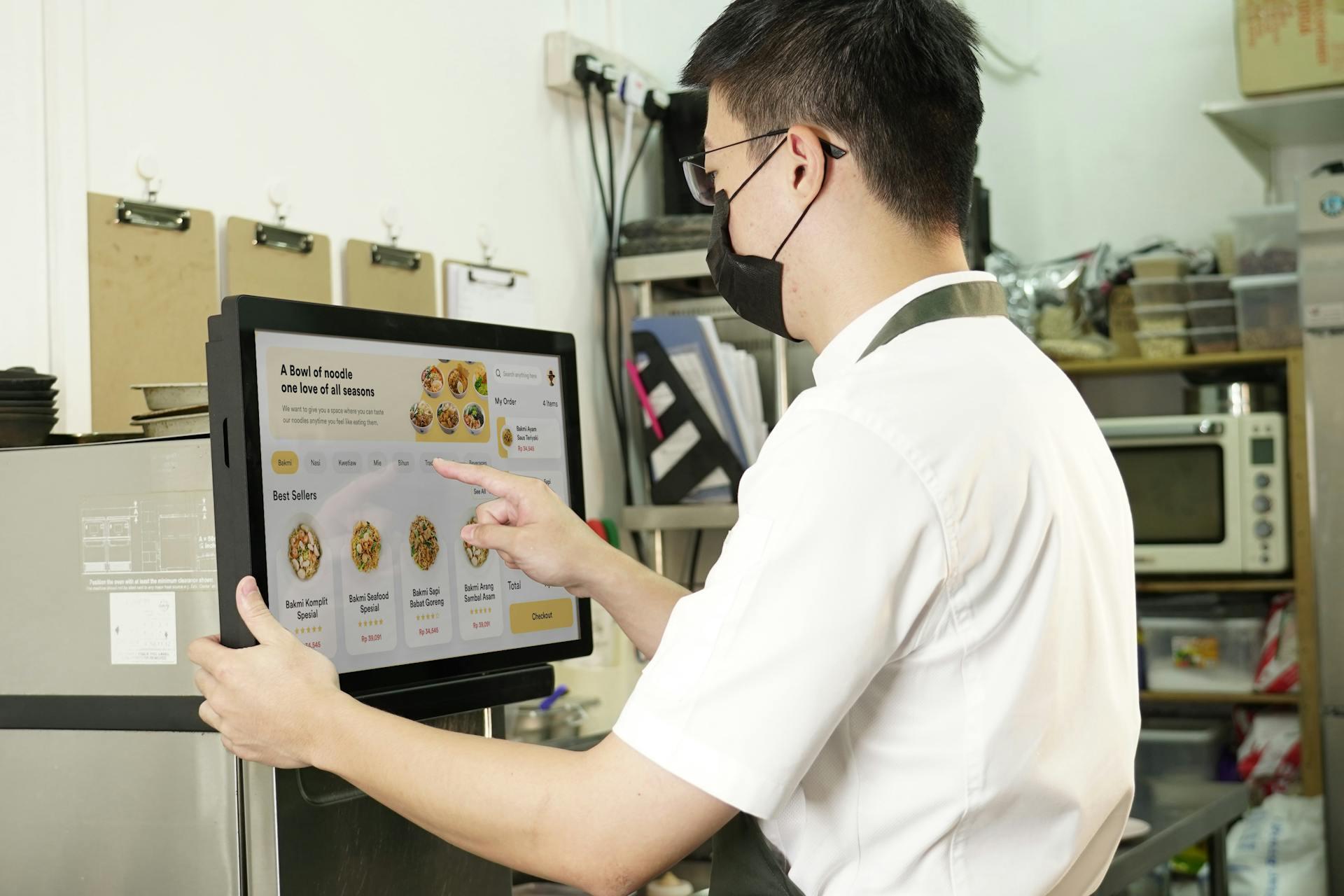
The situation remains unsure for now, with many businesses suffering from increased labor costs. Unless the fast food restaurant is owned by a large corporation, fast food business owners — most of whom are small business owners — are going to struggle.
Talking to USA Today, President and CEO of the California Restaurant Association Jot Condie said the restaurant industry has low profit margins. “It’s going to be tough to absorb these labor costs without making some adjustments. Their survival depends on it.”
